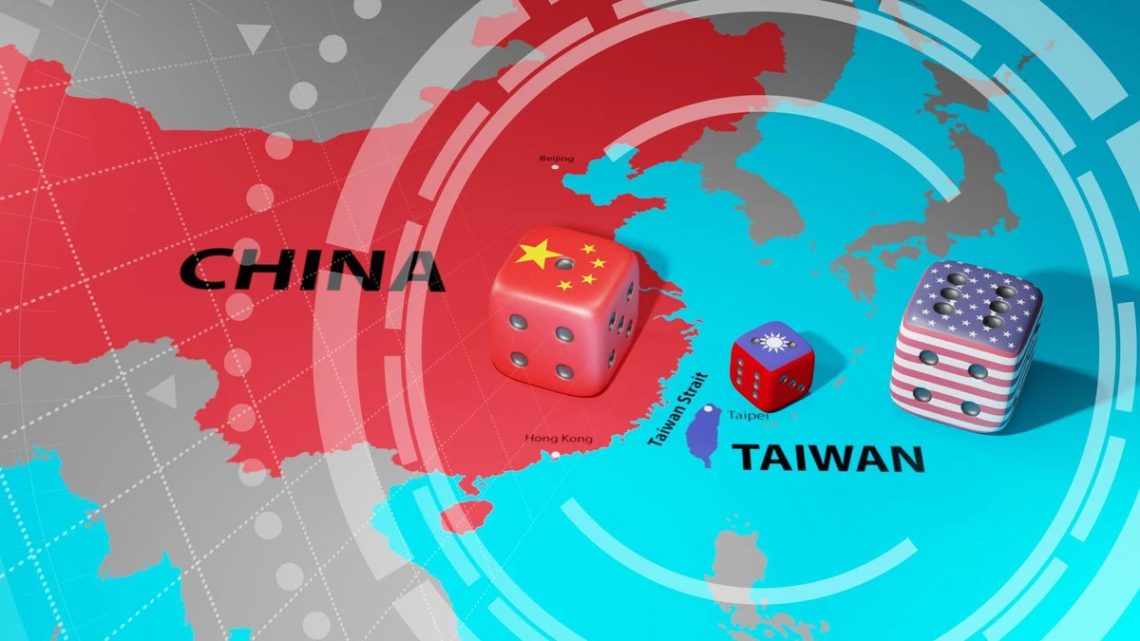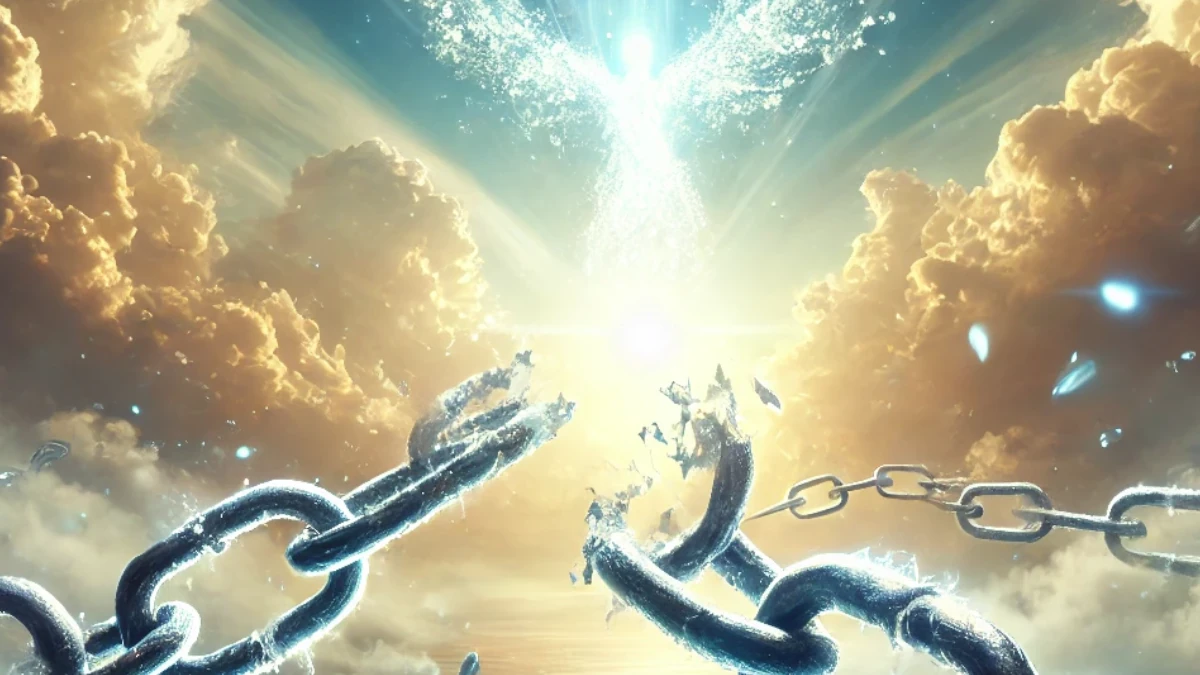A few days after Lai Ching-te took the oath of office as President of Taiwan (on the morning of May 20), the Chinese Communist Party (CCP) launched military exercises around Taiwan. Why did China do this relatively late after the inauguration ceremony? Nghiem Thuan Cau, a writer at Hong Kong Chinese University, commented on this event.
Three days after Lai Ching-te took the oath of office, the CCP launched military exercises around Taiwan, the scale of which was not much larger than their usual activities of using ships and planes to harass, just a demonstration of surrounding Taiwan. The presence of more than 40 aircraft and over 20 warships makes the blockade of Taiwan just a joke – even in the observation of non-experts like us.
It is not surprising that Taiwanese people gather to protest outside the Legislative Yuan mainly over daily life issues, interested in Japanese celebrities’ affairs, and the stock market. When interviewed by local reporters, they often share that it’s not important because the CCP does it regularly; even the US military mocks the CCP’s threat antics by posting a photo of US soldiers doing yoga on a warship.
Foreign media liken Taiwanese people to those living in an earthquake-prone area, but do people living in such areas fear hiding under their beds every day? Of course not. For those living in earthquake-prone areas, the philosophy of life is to accept the inevitable because it cannot be prevented, so it’s best to be prepared when earthquakes happen, to rescue and protect. Similarly, for the CCP, they live normally until they attack, then they retaliate, without the need for daily pointless panic.
The two-day military exercise by the CCP around Taiwan took place three days after Lai Ching-te’s inauguration, significantly reducing its effectiveness. If carried out immediately after Lai’s oath, the pressure would have been much greater. The fact that the CCP waited three days to disturb clearly indicates their submission to US warnings, so it’s just a “middle path” measure [different from top-down]: Meaning they can’t help but vent their anger, but they “bow their heads while keeping their temper.”
Lai Ching-te’s inauguration speech showed a small step compared to the cross-strait policies of his predecessor, Tsai Ing-wen, such as calling Taiwan a separate country, which shows a more direct stance than Tsai Ing-wen on the issue of “Taiwan independence.”
Although these signs infuriate the CCP authorities, apart from continuing to harass with ships and planes as usual, they cannot directly deploy troops for a battle they’re not sure of. According to the military command theory of Lin Piao [during the CCP’s civil war – Kuomintang], unless certain of a 70% victory, one should not start a war. For the current cross-strait battle, excluding the intervention of the US, Japan, and Europe, the chance of winning is at most 50%, and conversely, even a 20% victory is difficult.
The CCP’s military exercise around Taiwan lasted only two days, without a no-fly or no-sail zone, nor live ammunition, just equivalent to sending some fighter jets and warships to circle Taiwan, ultimately not reaching the level of a rehearsal. This activity is entirely disproportionate to the CCP’s menacing propaganda; the Taiwanese have become accustomed to these shows.
To counter Lai Ching-te’s inauguration, externally, the CCP conducted military exercises around Taiwan, while internally, they stirred up the ruling party opposition faction in Taiwan before the Legislative Yuan. If this measure had been taken immediately on Lai Ching-te’s inauguration day, the shock would have been much stronger, but Xi Jinping’s usual “headless” strategy resulted in wasted efforts, seen as achieving nothing.
Lai Ching-te still hinted at Taiwan’s independence (without directly declaring Taiwan’s independence), like a thorn in Xi Jinping’s side, even though Xi Jinping wanted to launch a war, there’s no justifiable reason, so they can only conduct military exercises that have no deterrent effect, resulting in ridicule. This only makes the Taiwanese people laugh more at the CCP’s threatening antics, rendering military exercises futile no matter how large the scale.
After the military exercises around Taiwan, the Taiwan Ministry of Defense released a video showing a Chinese J-16 fighter jet, produced by the Soviet Union, being targeted by a US-made F16 fighter jet from Taiwan. The significance here is that at any time, the CCP’s military is vulnerable if Taiwan acts decisively; victory lies in quality, not quantity of weapons. It’s like a group of farmers shouting threats outside someone’s house without knowing that person has a machine gun aimed at them.
Public protests outside the Taiwan Legislative Yuan have been increasingly intense in recent days, likely to cause another wave of anti-CCP uprising among the Taiwanese, resulting in extremely negative political impacts on the two pro-CCP parties in Taiwan, the Kuomintang and the TPP, thereby only causing the CCP’s united front policy to fail further. According to polls in Taiwan, over 80% of the population sees themselves as Taiwanese. Lai Ching-te has strong grassroots support, backed by strong policy implementation.
In the context of CCP’s dominance, Nvidia’s activities become even more effective as orders from Taiwan Semiconductor Manufacturing Company (TSMC) increase. TSMC is preparing to expand its production capacity, and major high-tech companies worldwide are heavily investing in Taiwan. To counter the CCP’s Pacific Rim military exercises, the US immediately organized a Pacific Rim military exercise involving 29 countries, demonstrating readiness to deal with the CCP’s Taiwan Strait Belt, with a ratio of 29 to 1, showing who’s stronger! Apart from reckless jumps, the CCP cannot take any effective action. Xi Jinping’s measure is just a futile venting of anger, revealing his own weakness.
Verbal domination only comforts one’s own anger rather than affecting the enemy, the ephemeral nature of Xi Jinping’s false bravado is just that. Some international media openly worry about the unnecessary risk of war, if such a possibility exists, it cannot be prevented, so what’s the use of baseless panic? The most important thing is to prepare; besides that, the rest should focus on living well in daily life.






Leave a Reply